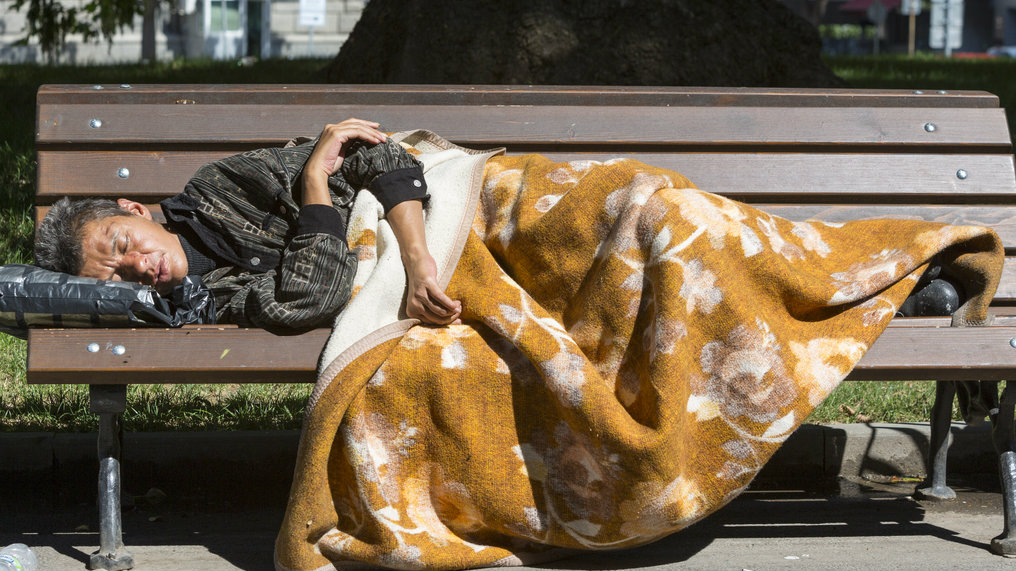Institutional racism takes many shapes and various forms. It is a silent killer among both women and men. In the most extreme of cases, it can even lead to genocide.
The genocide of Indigenous People in the United States of America is widely (perhaps incorrectly) viewed as a thing of the past, a page for a history book. But even then, when the books are cracked open, many educational texts tell the Indigenous story wrong, giving it a European slant or eliminating it entirely.
Now, in the light of the most technologically advanced century in the recorded timeline of humanity, it seems our harrowed history is repeating itself. Thousands of Indigenous Women have been brutally raped and murdered. They have been taken from their tribes, washed of their culture, and failed by a system that was never built to protect them. Regarding the ongoing trials of murdered and missing Indigenous Women, Canada has now proclaimed these events a genocide.
Yet the United States, with many murdered and missing as well, has barely acknowledged the severity of this situation. We must shed light on something that has become an urgent discussion: the homelessness and displacement of these same women. For there does indeed seem to be a link between these two phenomena. Take for example, Seattle…
Seattle Surveys 148 Indigenous Women from the Region and Learns that 53% of them are Homeless. Then, They Just Don’t Disclose That Report.
The original report was filed away in 2010 and not presented to the mass public until August of 2018. The fact that the report remained obscure for years is an outrage and emblematic of an embarrassing trend.
Withholding reports like this from the scrutiny of the public eye is akin to participating in the acts of violence against Indigenous Women. It shows how, yet again, silence and complicity go hand-in-hand.
In 2016, the new director of the Urban Health Institute, a woman by the name of Abigail Echo-Hawk, encountered the file, completely by accident. She realized it was probably the first report of its kind. She made it her mission to inform the public of this and other surveys shoveled into a bottom drawer in a far-off corner for far too long.
The survey dealt with oft-overlooked statistics regarding sexual violence, street harassment, lack of housing, and police brutality against urban Indigenous Women. Reports like this tend to cover Indigenous People on reservations, as opposed to those living in U.S. cities. However, this particular survey focused in on Seattle, the United States capital of murdered and missing Indigenous Women. Some of the most heinous highlighted statistics include the following:
- More than 53% of Seattle’s Indigenous Women are homeless
- 93.9% of them have been raped
- Of the women raped, 81.7% of them were minors the first time they experienced sexual assault
- 20.2% of them reported being attacked by police officers
That last statistic could easily be the reason why many of these sexually violent crimes went unreported. All in all, there were at least 139 rape cases, but only eight convictions.
Seattle Has the Highest Number of Missing and Murdered Indigenous Women in the United States. It Also Has the Highest Number of Homeless Indigenous Women in the United States. This is not a Coincidence. This is a Design.
According to the National Coalition for the Homeless, at least 13,000 people die each year because of homelessness. Homeless people are proven to be significantly more vulnerable to violent crime. The risk of violent crime increases if these same homeless people hail from a minority ethnic background or proclaim a minority religious faith.
Many Indigenous People would fall under both of the aforementioned categories. Attacks that are not fatal can still be detrimental to the physical and psychological health of the victim. For Indigenous People, an elongated list of historical traumas has already been passed down. Formerly homeless Indigenous People are trying to heal centuries of broken hearts, their trails of tears all too often erased or completely ignored.
Indigenous People Are Being Violently Displaced Right Now, In 2019
If you’ve ever read a historical novel or watched a movie about genocide in the United States, you might wonder how people could have been so cruel. The thought of stealing someone else’s land, of wreaking havoc on their children, of setting into motion the wheels of genocide, likely turns your stomach.
Yet here it is, happening right in front of us all. The numbers are swept under the rug. Red dresses are hung from trees like ornaments against the cold dark winter. Stories go untold. History gets revised. To keep the public informed, we’ve included a timeline detailing some of America’s crimes against Indigenous People:

* The chart above highlights some of the worst and most recent atrocities. It does not account for unreported information nor does it accurately reflect the entirety of events and crimes against Indigenous People.
Talk to Your Legislators. Talk to Your Friends.
When we are silent as our neighbors, our brothers and sisters in humanity, are displaced, we pave a path for more destruction and unrest. Everyone deserves a home, especially those whose ancestors cultivated and established the homeland of America. When we think of mass displacement, of rape, assault, and slaughter, we expect to find it in the gritty glossary of our past. But we are mistaken. These events are taking place right now.
Don’t let this report wind up in a virtual corner of an unvisited section of cyberspace. Pass the information along. Tell your neighbors. Tell your friends. And most importantly, talk to your legislators about developing real solutions for Indigenous homelessness and the incidents of rape, murder, and violence that accompany it.












